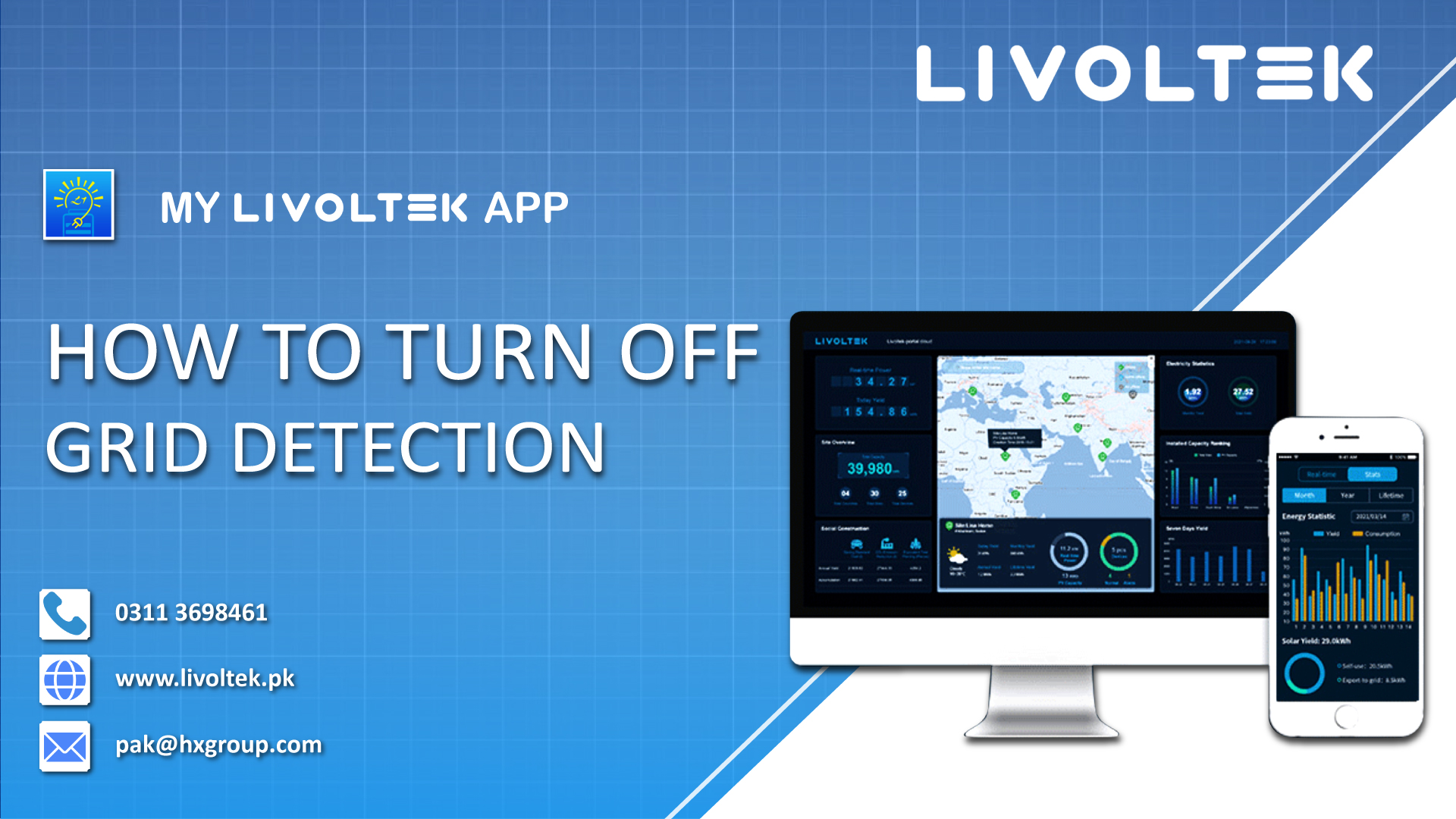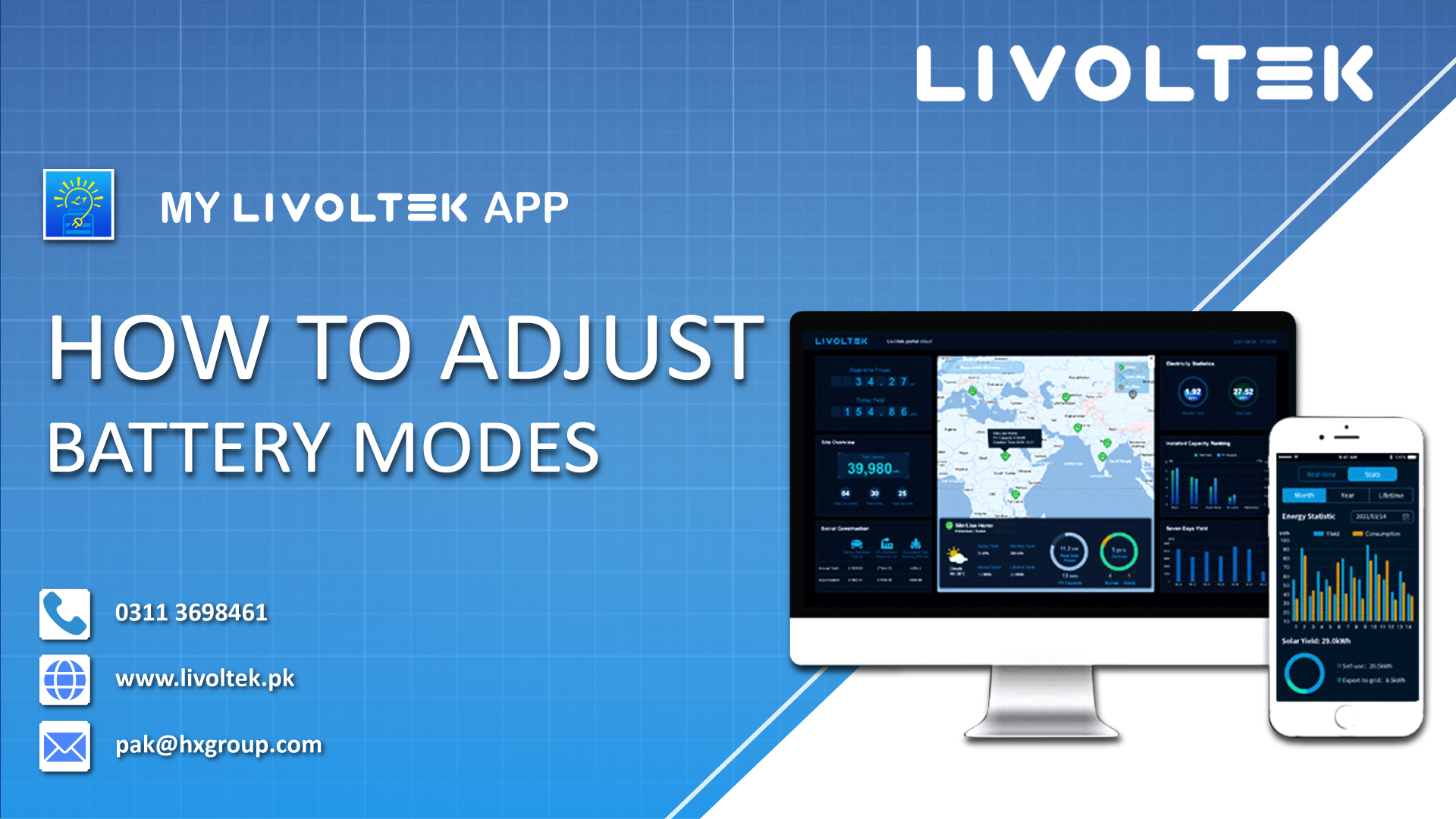Numerous consumer products now highlight their use of lithium-ion batteries as a prominent selling point. Is this a genuine advantage? Do lithium-powered products genuinely outperform those relying on alternative battery types?
In brief, lithium batteries indeed provide significant benefits over other battery varieties, with minimal downsides.
In this discussion, we’ll explore lithium batteries’ pros and cons and how various products have been enhanced by integrating this technology.
What is a Lithium-Ion Solar Battery?
Lithium Ion Batteries serve as a rechargeable energy storage solution, ideal for complementing solar energy systems by storing excess solar power.
Widely recognized in rechargeable electronics like smartphones and electric vehicles (EVs), lithium-ion batteries gained substantial attention in 2015 when Tesla, a prominent EV manufacturer, unveiled its groundbreaking lithium-ion solar battery, the Powerwall 1.
This innovation, inspired by Tesla’s EV technology, sparked extensive discussions and research surrounding energy storage and the affordability of solar batteries.
A lithium battery relies on lithium ions as a crucial element of its electrochemical process. Within a lithium battery, lithium atoms undergo ionization, becoming separated from their electrons. Subsequently, these lithium ions traverse from the anode through an electrolyte until they ultimately reunite with their electrons at the cathode.
The Science of Lithium Ion Batteries
Lithium-ion batteries stand as the prevailing choice among solar batteries in today’s market, employing the same technology found in high-tech devices like smartphones.
The operation of Lithium Ion Batteries hinges on a chemical reaction that stores chemical energy and subsequently transforms it into electrical energy. This process unfolds as lithium ions release free electrons, facilitating their flow from the negatively charged anode to the positively charged cathode.
This electron movement is facilitated and enhanced by a lithium-salt electrolyte, a liquid within the battery that balances the reaction by supplying the necessary positive ions. This flow of free electrons generates the electric current essential for powering electrical devices.
When drawing electricity from the battery, lithium ions migrate back across the electrolyte toward the positive electrode. Simultaneously, electrons travel from the negative electrode to the positive electrode through the external circuit, energizing the connected device.
Home solar power storage batteries integrate multiple lithium-ion battery cells with sophisticated electronics that oversee the overall performance and safety of the entire solar battery system. Consequently, solar batteries serve as rechargeable energy reservoirs, utilizing solar energy as the initial input to initiate the process of generating electrical current.
Synergy of Lithium Ion Batteries in Solar Power Systems
DC-Coupled System
- Solar panels capture sunlight, converting it into DC electricity.
- DC electricity enters the battery, where it is stored as DC power.
- DC power exits the battery and goes through an inverter to be converted into AC electricity for household use.
AC-Coupled System
- Solar panels convert sunlight into DC electricity.
- DC electricity enters the inverter to be transformed into AC electricity for household consumption.
- Excess electricity passes through another inverter to revert to DC electricity, which can be stored for future use.
- When the house requires the stored energy, it must pass through the inverter once more to convert back into AC electricity for use.
Conclusion
Understanding how a solar battery functions is crucial if you’re considering incorporating solar panel energy storage into your existing solar power system. Operating akin to a large rechargeable battery for your home, it empowers you to utilize any excess solar energy your panels generate, granting you greater control over the timing and utilization of solar power.
Lithium-ion batteries, the predominant choice in solar energy storage, operate via a chemical process that stores energy and subsequently releases it as electrical power for household consumption. Whether you opt for a DC-coupled, AC-coupled, or hybrid system, you have the potential to optimize the return on investment from your solar power system while diminishing your reliance on the grid.
The cornerstone of reaping the full benefits of your solar panels lies in an appropriately designed system.
At LIVOLTEK, we offer the expertise and experience to guide you on your journey towards clean energy. Our services encompass solar power installation, maintenance, system monitoring, and more, ensuring you can fully capitalize on the potential of clean energy.
Explore the potential of Lithium-Ion Batteries, discover the best solar inverter in Pakistan, consider wall-mounted lithium batteries, delve into hybrid solar inverters, and find the top solar battery solutions available in Pakistan. Wondering which one to choose? Solar inverter off-grid vs. on-grid – get expert guidance with the support of LIVOLTEK.



